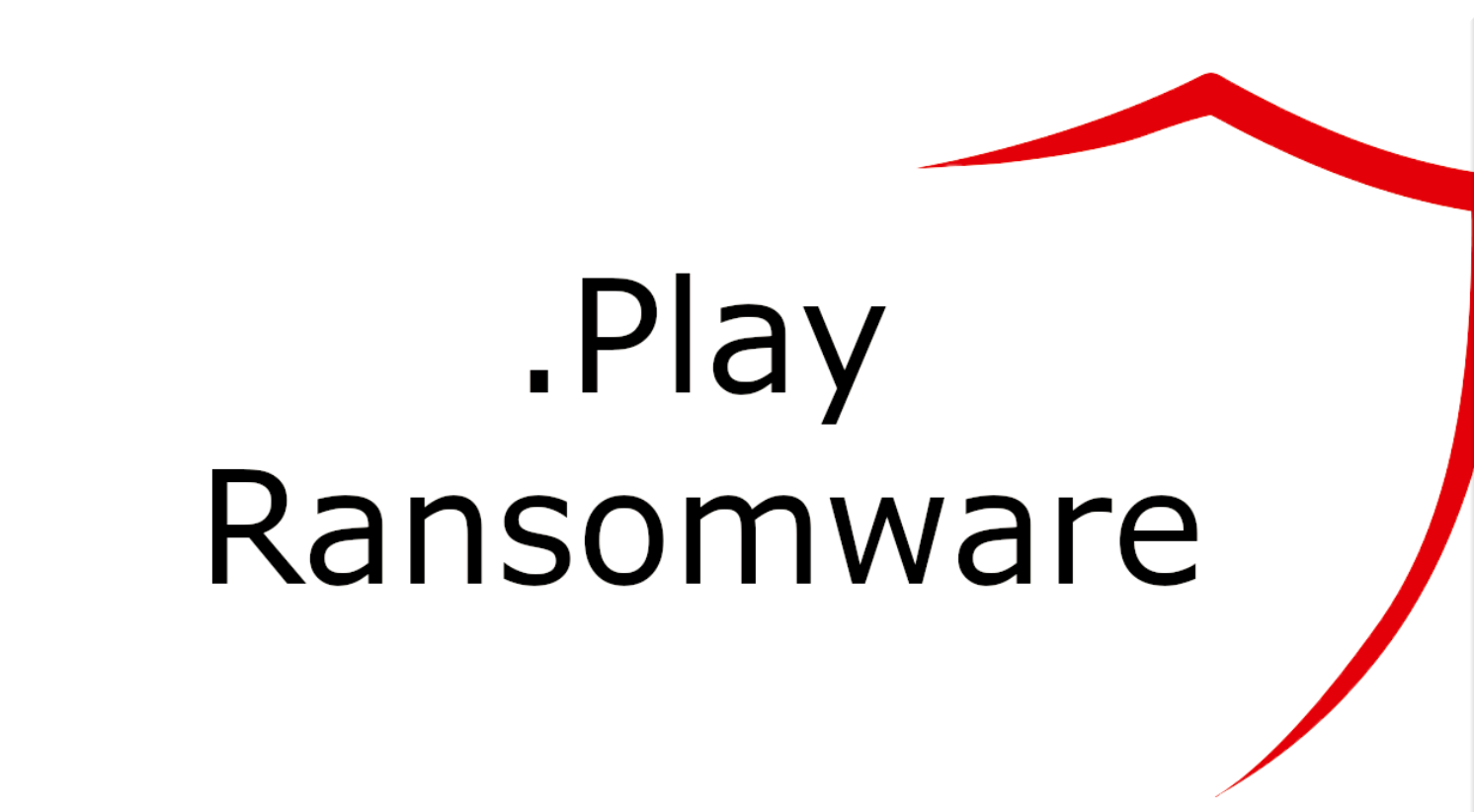Ciberseguridad en #espacio: cómo se está enfrentando Thales a los desafíos que están por llegar
Europe News

New Xiū gǒu phishing kit targets users in five countries with 2,000 fake sites
A new phishing kit called Xiū gǒu is being used in attacks targeting users in Australia, Japan, Spain, the United Kingdom and the United States since September 2024. With more than 2,000 identified fake websites, Xiū gǒu targets sectors such as utilities, messaging, banking and digital services. Cybercriminals employ the kit to deploy phishing sites that use Cloudflare’s anti-bot and hosting protection, making them difficult to detect. The kit, developed by a Chinese-speaking actor, uses technologies such as Golang and Vue.js and is designed to exfiltrate credentials via Telegram. The attacks are distributed via Rich Communications Services (RCS) messages, which alert about parking tickets or package delivery issues, encouraging victims to click on shortened links to resolve the supposed problem.

New Android banking malware ToxicPanda targets users in Italy, Portugal, Hong Kong, Spain, and Peru
A new banking malware, known as ToxicPanda, has infected more than 1,500 Android devices to make fraudulent money transfers without users noticing. This malware allows cybercriminals to take control of compromised bank accounts through a technique called on-device fraud (ODF), bypassing banks’ identity verification and authentication measures. Most of the infections have been reported in Italy, followed by Portugal, Hong Kong, Spain and Peru, which is considered an unusual case as a Chinese-speaking threat actor is targeting users in Europe and Latin America. ToxicPanda, a simplified version of the TgToxic malware, uses Android accessibility services to obtain advanced permissions, intercept one-time passwords (OTP) and bypass two-factor authentication. In addition, it masquerades as popular apps such as Google Chrome and Visa, distributing itself through fake pages that mimic official app stores.

Intersport under Hive group cyber attack
On 6 December 2022, the cybercriminal ransomware group Hive added the French retail chain Intersport to its list of victims. The group claims to have carried out the attack on 23 November. No details are given on the nature of the stolen data or whether it was actually revealed. Intersport has not made any statement on this new claim by the group. Intersport had said in November: "Dear customers, we are currently facing a cyber attack on Intersport's servers that prevents us from accessing our cash registers, loyalty card service and gift card service. Read more about it : here

Formbook campaign via Libyan oil companies target Italy
According to a report on December 13, 2022, a new Formbook campaign is underway using Libyan oil companies to spread. The campaign is said to use phishing emails and has already hit Italy. The malicious emails contain 4 images and a pdf. When opening the pdf, the recipient is asked to open a link that downloads an executable which turns out to be malware. The email used is a forged email from a Libyan oil company and the link attached to it points to a URL from which the exe file "Req for Quote" is downloaded. Then Formbook, thanks to the keylogger function, is able to acquire everything the user types. Read more about it : here

Austrian company under Play Ransomware cyber attack
On 5 December 2022, the new cybercriminal group Play Ransomware claimed to have launched an attack against the Vienna-based technology company Austria Presse Agentur. The attack reportedly took place on 28 November 2022 and they managed to extract 80 GB of data. The data is said to contain personal data, project documents and financial information. No details are given on the ransom demanded. Read more about it : here

Suspected cyber attack against Öland municipalities
On December 13, 2022, a cyber intrusion attack was detected in the computer systems of the municipalities of Mörbylånga and Borgholm in Sweden. In response, a crisis management unit was reportedly activated, but the attack still caused the municipality's network connection to the internet to be disabled. Mörbylånga's website and email are down. However, the Borgholm website is managed externally, so it is up and running and the emails are working. For the moment, no details on the type of attack or the systems affected have been released. However, given the post attack reaction of the municipality it is possible that it is a ransomware attack. Read more about it : here

Noname057 attacked some defence ministries in Europe
On 8 December 2022, the pro-Russian hacktivist group Noname057 claimed to have launched a DDoS attack on the websites of the Greek Ministry of Defence, the Ministry of Defence of the Czech Republic and the Ministry of Defence of Croatia. The attack is part of the KillNet sphere's campaign of attacks in their cyber war of attrition against European governments. Read more about it : here

Vjw0rm goes back to hiding in an email about beauty products
According to a report on 15 December 2022, the Vjw0rm malware is currently being used in a phishing campaign targeting Italy. The emails in these attacks impersonate a beauty product vendor and hide the malware in a js file in a "rar" attachment named "$38,570 detailed invoice payment". Vjw0rm is a hybrid modular/RAT worm that has three main capabilities: information theft, denial of service (DOS) and self-propagation. In the latter case, it copies itself throughout the operating system and boot folder and can spread via removable devices such as USB sticks. Read more about it : here

Play Ransomware added european victims to their list
On 6 December 2022, the Play Ransomware group added several organisations and companies to its list of victims, three of which are European. Among the claims are "Skoda Praha", an energy company in the Czech Republic, Husinec, a municipality in the Czech Republic and Wrota Mazowza, a mapping service in Poland. The release dates of the data were announced for between the 14th and 16th, without indicating the type of data that had been stolen. The Wrota Mazowza website is unavailable, suggesting a more violent attack. Read more about it : here

Cyber attack on Ulm University
On 23 November 2022, the University of Applied Sciences in the city of Ulm, Germany, made public a cyber attack and data theft that targeted it on 12 November. The university and its network were disconnected from the internet after a cyber attack alert. Cybercriminals allegedly broke into the university's databases and it turned out that the names and email addresses of university members had been accessed without authorisation. Read more about it : here